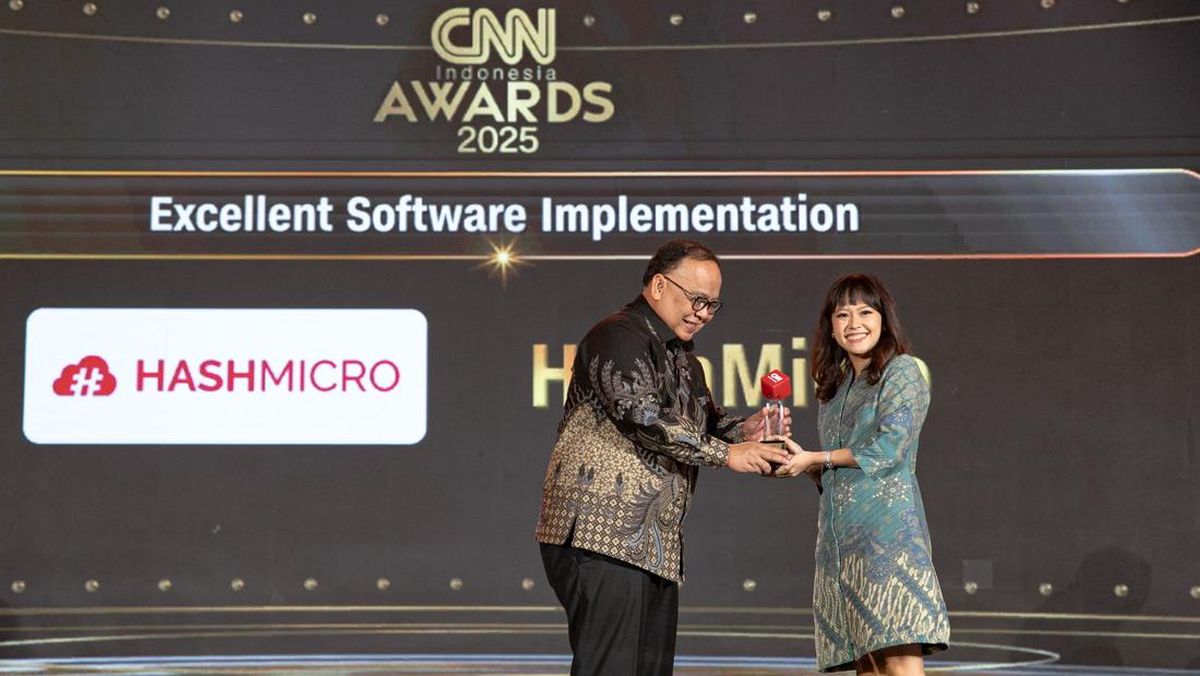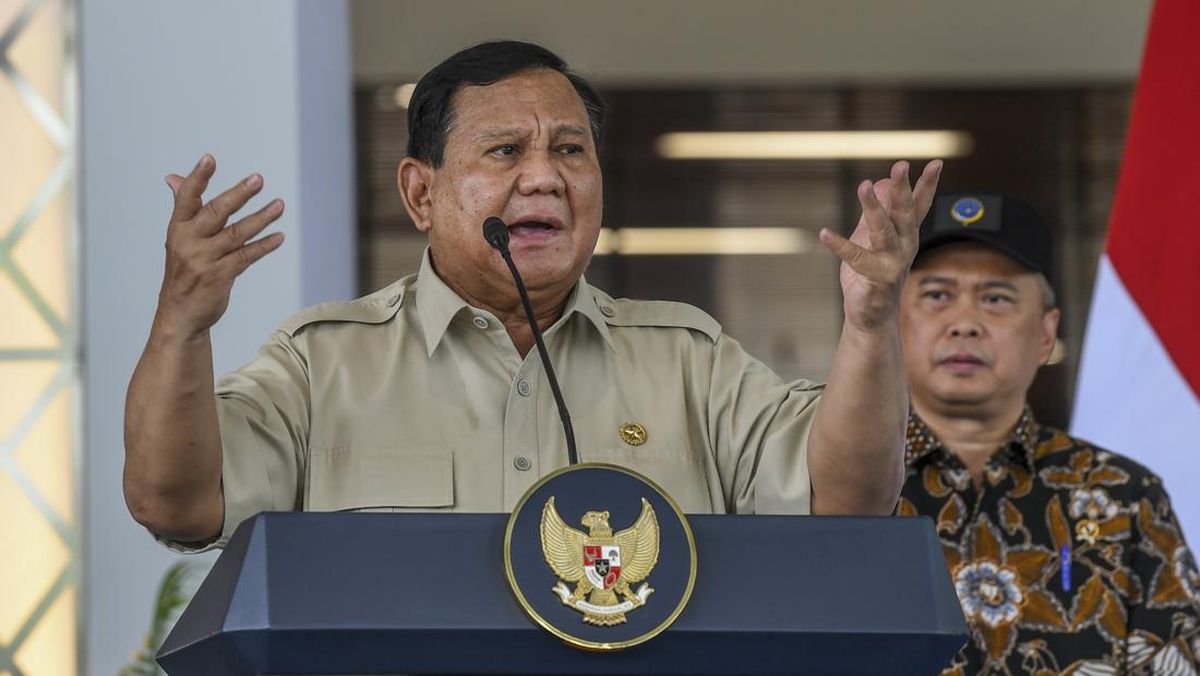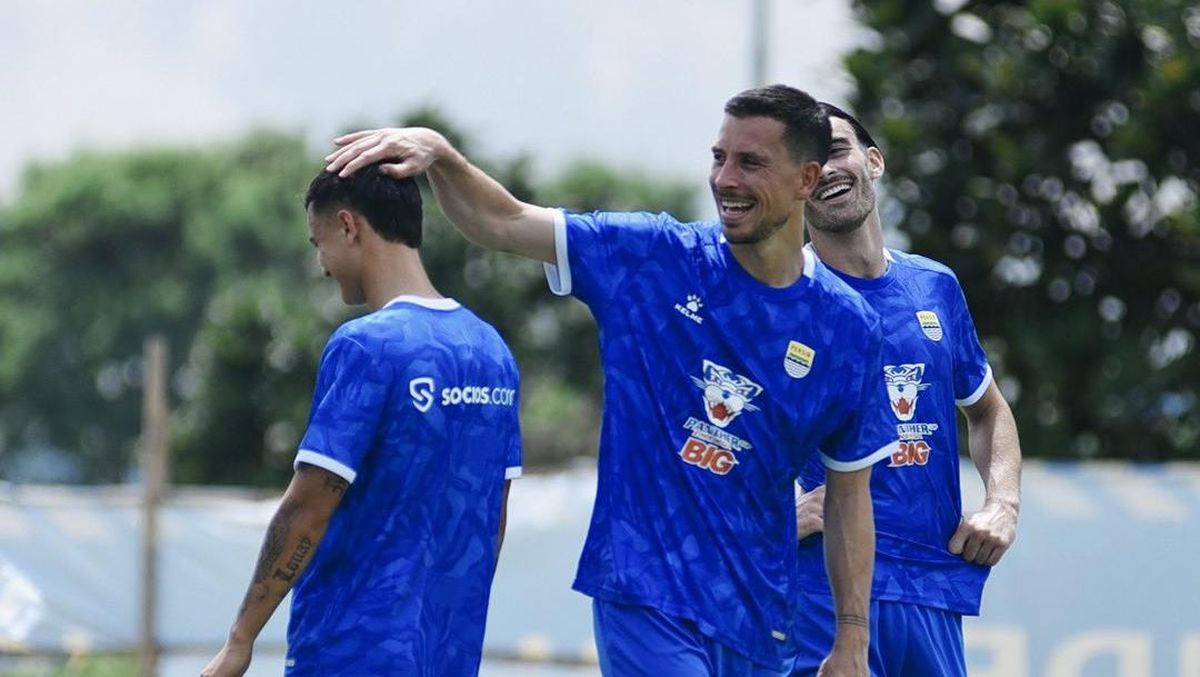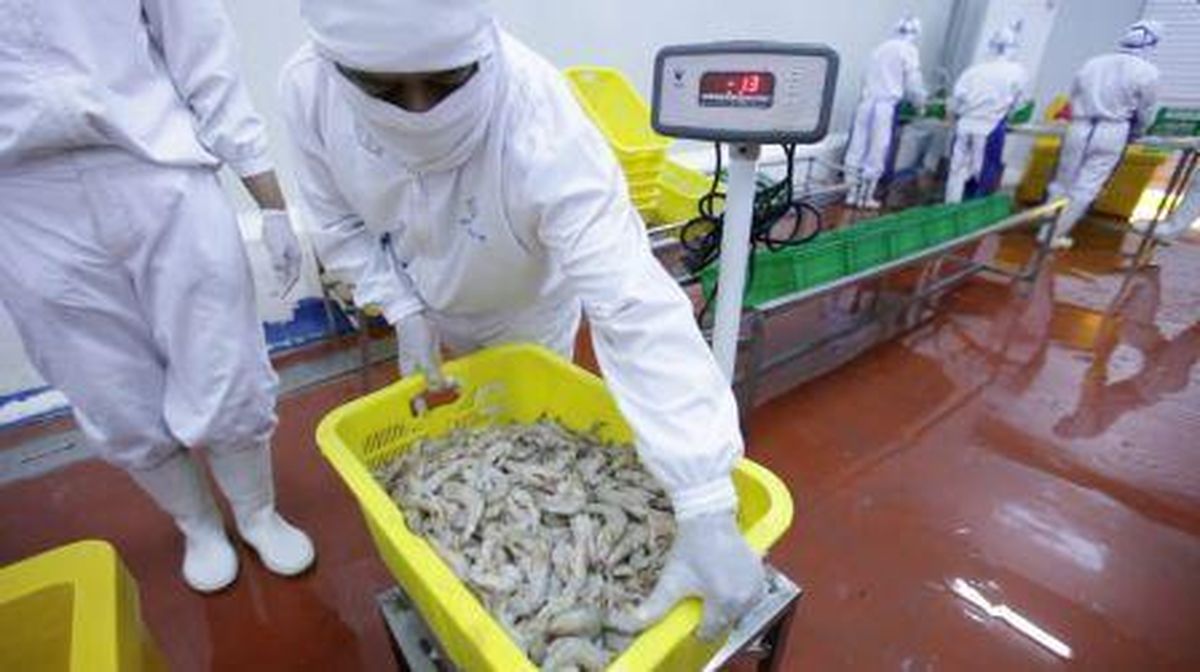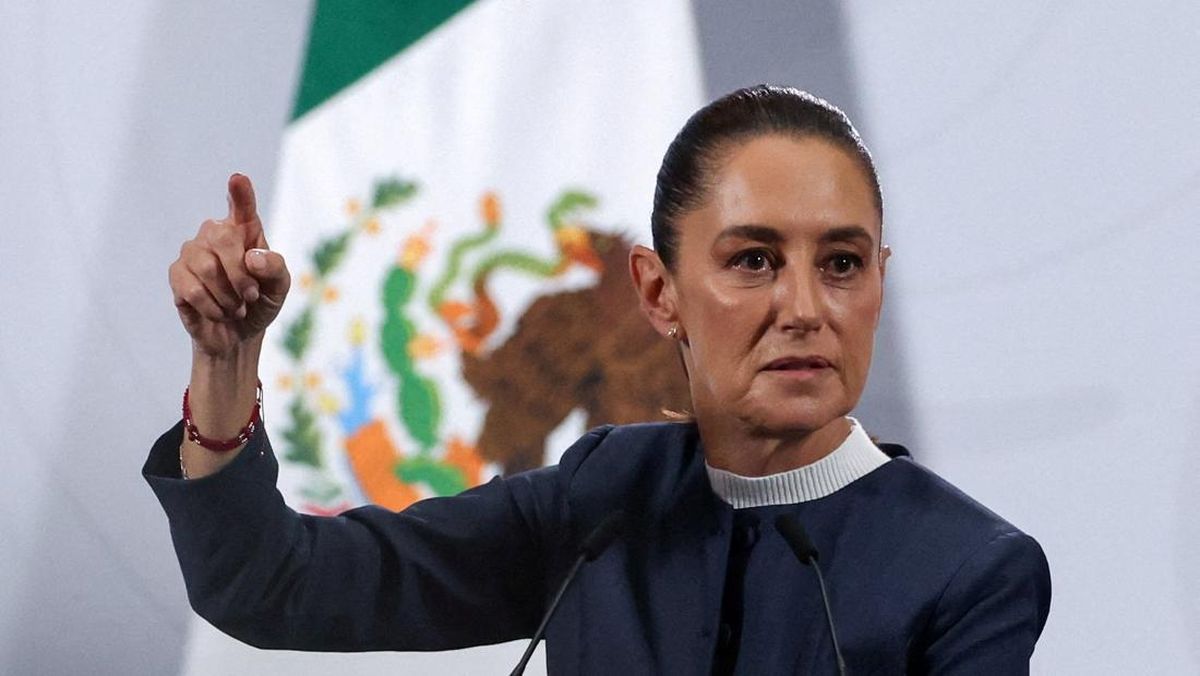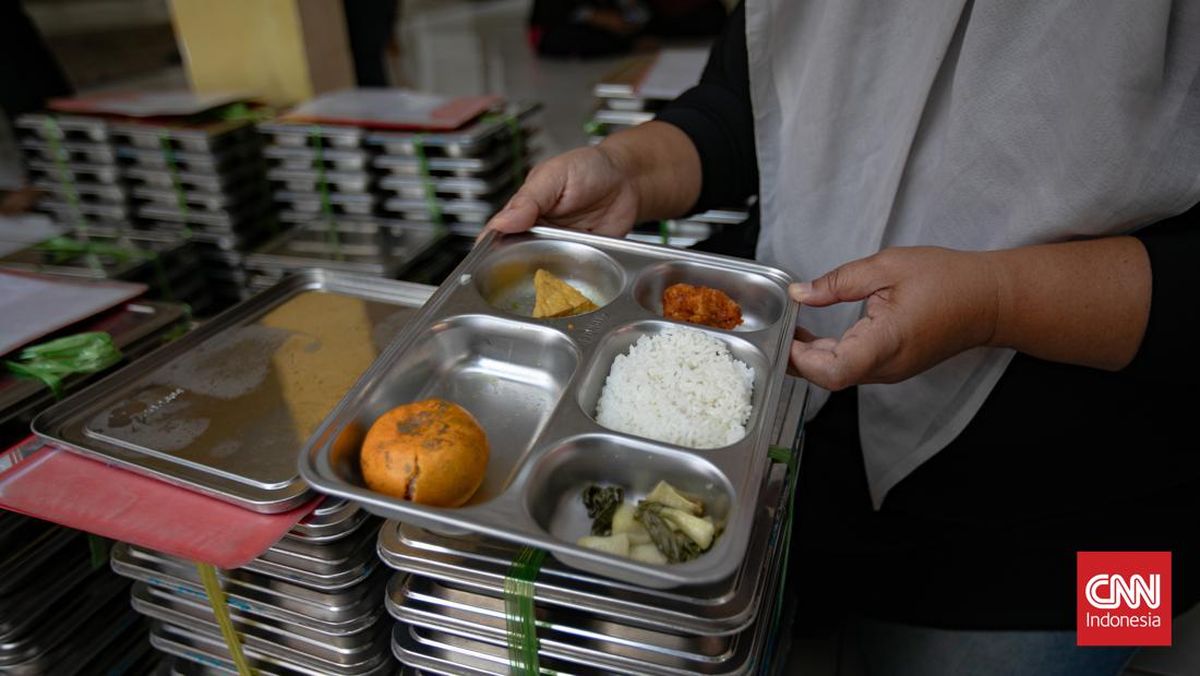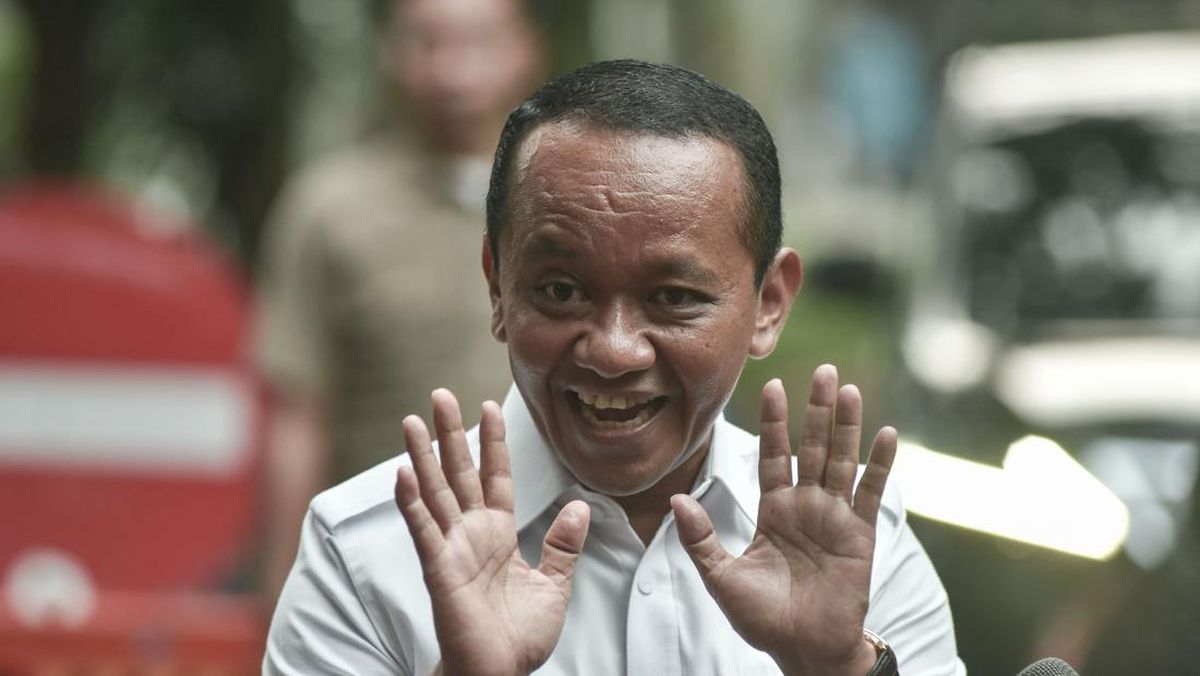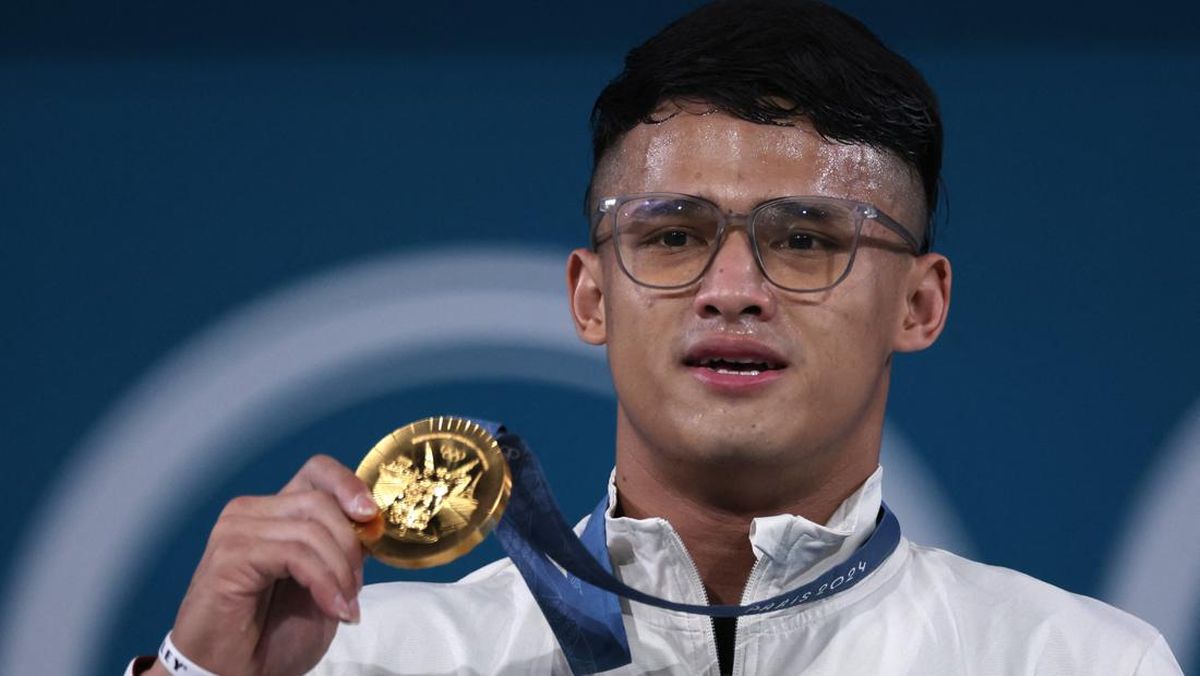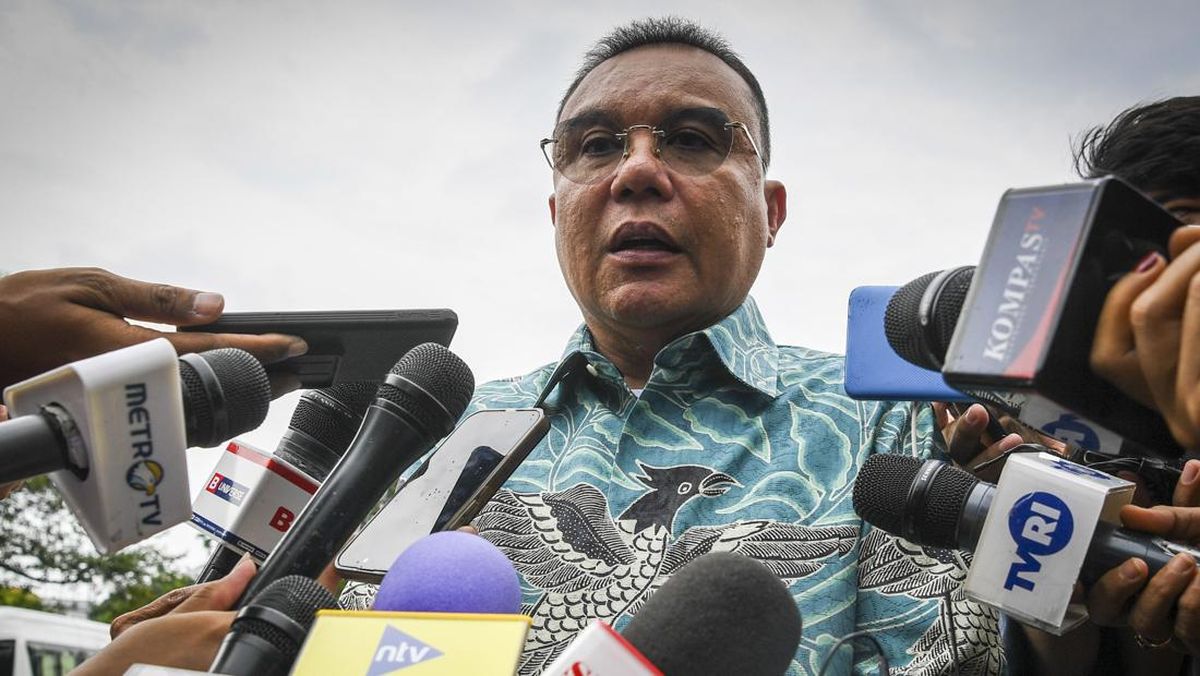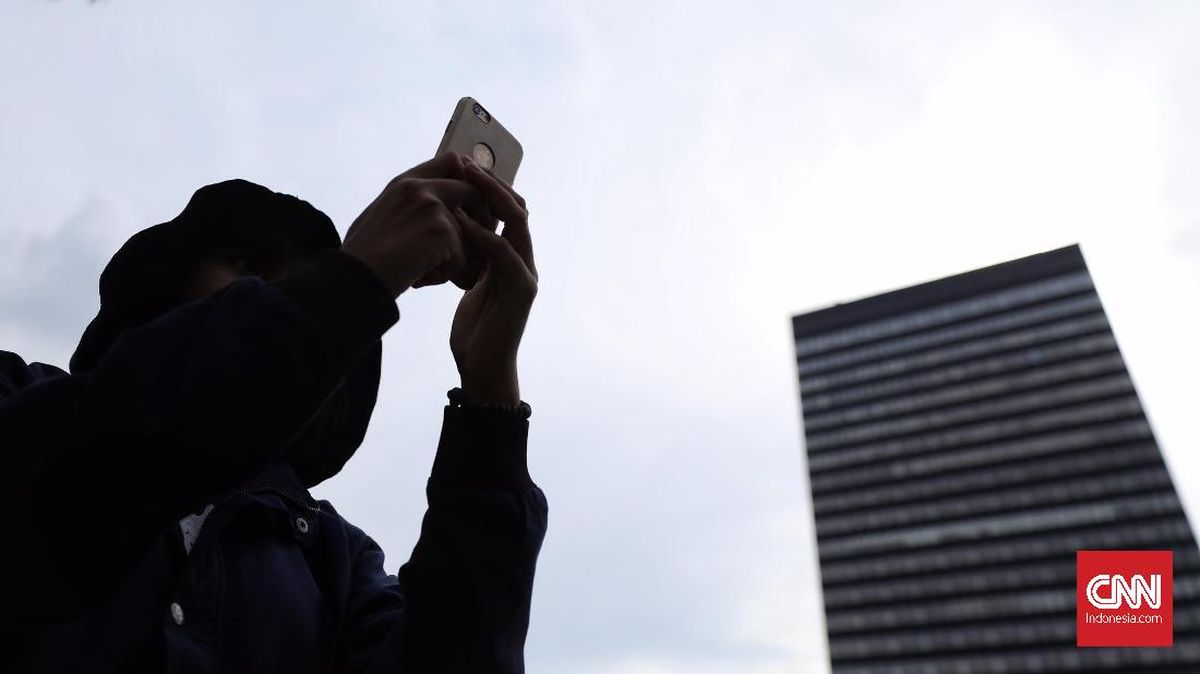“We were not terminated for misconduct but because we exercised our lawful right to represent our colleagues. That is retaliation, plain and simple. Officials shouldn’t lose their jobs just for speaking up for fairness.”
The officials include two of the longest-serving and best-known umpires in Australian tennis.
United States-based Cannavan was in the chair for an Australian Open women’s singles semi-final when Ash Barty won the title in 2022, and made news in March when men’s world No.1 Carlos Alcaraz argued with him about the shot clock during a match at the Miami Masters.

Simon Cannavan umpires a match at the US Clay Court Championships in Houston, Texas, in April.Credit: Icon Sportswire via Getty Images
Caswell, who lives in Sydney, has umpired multiple generations of top players, from Lleyton Hewitt to his emerging son Cruz. She also worked as a line judge at the Atlanta Olympic Games in 1996 and as a chair umpire at the Paralympics in London in 2012.
“I live in America but I’ve always considered myself an Australian official, and I joined the board to help the Australian officials have a voice,” Cannavan said. “This is how Tennis Australia treats people who speak out.”
Caswell said she was heartbroken. “All we were doing was literally telling the truth. Members came to us with issues they wanted addressed and we raised these issues,” she said.
“I only joined the board to try and help make things better.”
Goode, who worked at 20 Australian Opens before having his credentials withdrawn, said “people [are] literally scared to pick up the phone and see how we are”, fearing reprisal.
“I understand because if anyone speaks up, they’ll withdraw them from [tournaments],” he said.

Tennis relies on chair umpires and other officiating personnel for events from grand slam level to regional Australia and junior competitions.Credit: Getty Images (Image has been altered)
Tennis Australia said in a statement it had not terminated the officials’ memberships in retaliation for their raising concerns on behalf of the officiating community, and it said it welcomed “respectful and constructive feedback from all members of the community”.
“Tennis Australia terminated the officiating membership of four individuals because an external investigation found that they had acted in breach of their membership terms of conditions and it was apparent that their behaviours over several months were having a detrimental impact on others,” Tennis Australia said.
“We believe that being a tennis official goes beyond promoting sportsmanship and fair play. It’s about serving the game and nurturing its legacy, so tennis will continue to thrive for generations to come. Our community has been and always will be built on the values of integrity, mutual respect and inclusion.”
The newsletters
The four Tennis Officials Australia directors were informed by Tennis Australia they had breached their membership conditions by “not acting in a professional manner” and “not promoting and supporting TA’s programs and activities to the greatest extent practicable”.
At issue, according to Tennis Australia, were five newsletters sent by the Tennis Officials Australia board to its members between June 19 and September 11 this year.
‘I just fell apart and I started crying. The female players stopped and said, “Are you OK?“.’
Marija Lentic, tennis match officialTwo of the memorandums, sent after attempts by Tennis Officials Australia to engage with Tennis Australia on key issues, questioned the fairness and transparency of the process of selecting match officials for tournaments, including the Australian Open. Members were also told “our confidence in TA’s new group is limited” and that “TA only hears what they want to hear”.
“Evidence gathered by TOA indicates an entrenched, systemic bias in selections that cannot be reconciled with merit-based decision-making,” the September 11 newsletter read.
“Multiple credible reports describe selection processes being effectively ‘rigged’ – selectors rigging the process to select themselves, their friends and allies, while excluding officials they don’t like.”
The newsletters were also used to report that “local personnel matters” in South Australia had been raised in June with Tennis Australia, a veiled reference to bullying claims Tennis Officials Australia said were uncovered during interviews conducted with 60 per cent of active officials in the state.
Another note on August 1 said Tennis Australia had been “attempting to control member communications” and accused it of “coercive conduct toward TOA leadership”, while safety concerns related to parking at night and accommodation were also floated.
In legal letters sent last month, lawyers for Tennis Officials Australia declared its directors had engaged in lawful industrial activity by raising complaints and inquiries about Tennis Australia with members and by using a newsletter to discuss working conditions of officials.
Mak, who took over a new-look board this year, also denied a claim she had yelled and acted aggressively during a meeting with Tennis Australia director of pathways and tennis services Lawrence Robertson and two other Tennis Australia staff on May 27.

Melbourne barrister Karen Mak took over as chair of the Tennis Officials Australia board this year.Credit:
She alleged she received a hostile reception from the start, and Robertson, a former chief executive of Tennis NSW, said Tennis Australia wanted to vet Tennis Officials Australia’s communications to members.
Robertson was unhappy about a May 4 newsletter in which Tennis Officials Australia expressed disappointment at Tennis Australia’s “apparent unwillingness to engage with the board”.
In communicating the sanctions on October 7, Tennis Australia chief tennis officer Tom Larner told directors their actions had caused “demonstrable mental distress to several TA employees” and were “a health and safety risk that must be addressed by TA”.
While Larner said the governing body had “no issue” with Tennis Officials Australia sending updates to officials, even when it had differing views, the directors’ accreditation was being stripped due to the “manner in which you have conveyed certain information”.
But Tennis Australia chief legal officer Jacquie Quinn had, in earlier correspondence, made clear that Tennis Officials Australia’s newsletters “should not include content criticising TA or individuals who have roles in the tennis officiating community” or “confidential matters involving TA, TA officiating members or TA team members”.
In response to questions from this masthead, Tennis Australia said “it took the welfare of everyone involved in our sport seriously” and it had established several confidential ways for people to speak out and make reports, including a 24-hour telephone service, an online form and an email address.
Asked about selection, Tennis Australia said there was a rigorous process for choosing officials for tournaments, with selection panels using a range of objective and subjective criteria such as qualifications, number of events worked, commitment to professional development, performance evaluations, and alignment to Tennis Australia’s expected behaviours and values.
It said it had not received a Fair Work Commission complaint.
The bullying claims
Tennis Officials Australia presented Tennis Australia with a 30-page report in June that centred on allegations against a staffer based in Adelaide, where ATP and WTA tour events are held before the Australian Open.
Based on confidential interviews with 14 match officials, the alleged conduct included bullying and victimisation of officials, hostile and dismissive behaviour, a conflict of interest with selection, and a breach of well-being duties.
Tennis Australia was warned in the report it risked breaching its own code of conduct and member protection policy if it failed to act, and that it may also be “vicariously liable for the person’s conduct”.
Mak said the report had initially been downplayed by Tennis Australia, which told Tennis Officials Australia it did not believe its role was to carry out investigations into the conduct or performance of staff.
But Mak said after she sent it to Tennis Australia chief executive Craig Tiley, an independent investigation was carried out by Azuhr Consulting.
Tennis Australia said: “Following an independent investigation, it was determined that on a whole, bullying did not occur.”

Adelaide-based tennis official Marija Lentic.Credit:
Among the officials to make bullying allegations was Marija Lentic, twice named official of the year in South Australia and a member of Sport SA’s women’s sport working group.
She lodged formal complaints with Tennis Australia alleging the employee referred to her as “unstable” in conversation with officials, told her off in front of others for bringing cake to a morning tea to welcome trainee officials, and belittled her in front of a tournament referee, telling her to “stop your whinging”.
Lentic said when she learnt on the second day of the Australian Open in January that she had been called unstable, she was so distressed she left immediately without telling her roommate and flew home.
The Azuhr Consulting investigator substantiated that allegation but Lentic was informed last month, while some of the behaviour could be categorised as “insults” or “teasing”, Tennis Australia did not consider the conduct amounted to bullying.
After taking a break, Lentic said she had not been selected for the 2026 Australian Open for the first time in 15 years – but that she had been chosen for the Adelaide International, where the employee she had made allegations about was also due to work.
“They know I can’t do that,” she said. “I withdrew.”
Lentic made a separate complaint of systemic bullying against another Tennis Australia official, alleging verbal abuse and harassment starting in 2012, including an incident at a women’s professional event in Adelaide six years ago.
She said she had suffered a panic attack, curled up in the foetal position and broken down in tears when the official allegedly yelled at her to get back on the court and told her to get a mental health assessment after she said she was uncomfortable calling “cross lines”.
After making her way to the court, she said one of the players noticed how upset she was and stopped play and consoled her. “I just fell apart and I started crying. The female players stopped and said, ‘Are you OK?’,” she said.
Tennis Australia told Lentic it would not investigate the complaint because of the nature of the allegations, the time that had passed and because they did not still work for the organisation.
Lentic said she was still traumatised by the 2019 incident, and others had witnessed her alleged bullying by the official over the years.
“I have no doubt that these officials were also fearful of speaking up to assist me as the officials did not want to jeopardise their own officiating selection chances, nor did the incidents affect the officials directly at the time,” she wrote in her complaint to Tennis Australia.
It was not the first time such issues had been brought to Tennis Australia.
Stephen Gibson, a former ITF-certified match referee and trainer of officials, based on the NSW Central Coast, raised concerns in 2021 about a long-standing “atmosphere of bullying and intimidation” in the management of officiating, and a lack of trust in the delivery of training and development.
”Many are prepared to just walk away as the overwhelming feeling is that if they express their concern to management, they will struggle to get appointments to events and any development opportunities will cease,” Gibson wrote to the Tennis Australia board and state tennis bodies.
Tennis Australia appointed Deloitte to conduct an investigation in June 2021. Its report, handed over six months later, found no inappropriate workplace behaviour.
For the love of the game
A commercial colossus, the Australian Open is the biggest economic generator in Australian sport, according to Tennis Australia, whose most recent annual report said it created $533 million in benefits to the Victorian economy in 2024.
This year’s tournament had $96 million in prize money, including $3.5 million each for men’s and women’s singles winners Jannik Sinner and Madison Keys.

The Australian Open is one of the biggest events on the sporting calendar.Credit: Getty Images
But it’s not only the players who are paid handsomely. According to documents lodged annually with the US Internal Revenue Service and published by non-profit news site ProPublica, Tiley earned $US1.3 million ($2 million) in the year to September 2024, making him Australia’s top-paid sports executive alongside AFL chief Andrew Dillon.
According to the tax filings, chief strategy and performance officer Timothy Jolley took home $1.2 million, chief commercial officer Cedric Cornelis collected $960,000, and Tom Larner earned $800,000 over the same period.
By contrast, most umpires and other tournament officials, many of whom are over the age of 60, are paid as casuals or as a hobby.
A match assistant, who supports a chair umpire with on-court matters and stands ready to call lines if the electronic line system falters, is paid about $300 a day at the Australian Open, plus flights and accommodation if they are from interstate.
The fees are less for lower-level pro events and at regional or junior tournaments.
Goode, who has never played tennis but got into officiating after his son became a ball boy, said they didn’t do it for the money.
“Sometimes I work in Adelaide and do 12- to 14-hour days … you wouldn’t do that unless you loved it. You get more than that at McDonald’s,” he said.
“When you’re an official on Rod Laver Arena and [Novak] Djokovic is playing … money can’t buy that experience, even if you’re just changing the balls. Just to be part of a grand slam it’s such a privilege.”
Under a 15-year memorandum of understanding signed in 2015, Tennis Officials Australia’s responsibility was to provide advice and assistance on issues related to officials, including pay and working conditions, selection processes, welfare and training and development.
Loading
But after Tennis Australia expressed disapproval of newsletter content, ceased permitting use of its database to contact officials and changed the process by which people could join the representative body, Tennis Officials Australia terminated the agreement in August.
Tennis Australia denied it had acted in a retaliatory way and, according to Mak, it falsely sought to shift blame onto Tennis Officials Australia for the relationship breakdown.
Tennis Australia said: “TOA let us know that they intended to operate as a member body separately and independently to TA as the governing body. At this point we advised them that they would need to manage their own membership process so that TOA could meet their own constitutional requirements.”
Tennis Australia has announced the formation of a new national officiating advisory group composed of seven other officials. The directors of Tennis Officials Australia, meanwhile, have been left on the outer.
“I’ve been involved for decades. I’ve worked a lot, just because I loved it,” Caswell said.
“To suddenly be told I can’t work is a massive shock. It’s a little overwhelming right now.”
Cannavan said “deep pockets shouldn’t silence the people who make the game possible”.
“We didn’t join the board for power or money,” he said. “We joined because we love tennis and wanted to make officiating better for everyone. Tennis Australia calls it the Happy Slam but it’s anything but happy inside.”

